Perhaps one of the most common questions we get, especially from first-time homebuyers, is, “What in the world is escrow?” There’s no debating that this can be confusing, considering there are two instances in which escrow comes up in real estate, which many people tend to get mixed up.
Two instances where escrow comes up:
– Holding “earnest money,” during the process of closing on your home.
– A long-term account that you pay property taxes and insurance into each month, as part of your mortgage payment.
We’ll explain the first bullet first. When you buy a home, you’re “in escrow” between the time that your offer is accepted to the day that you close and take ownership. The deposit, often called “earnest money,” is held “in escrow” by a trusted and impartial middleman whose job is to handle assets being transferred between the two parties. This so-called middleman could be an escrow agent, an attorney, or a title company, and having them ensures that the terms of the deal are met by both sides before money is distributed.
An escrow account, on the other hand, is a long-term account established at the time of closing. In this case, the middleman is your loan servicer, and the account is used to collect and hold the portion of your monthly mortgage payment that goes toward property taxes, mortgage insurance, and sometimes homeowner’s insurance. When the expenses are due, your loan servicer pays it for you by taking funds from the escrow account. You don’t have to set up this account yourself—the title agent, attorney, or servicer is paid to do this for you! But as a part of closing costs, lenders will often ask buyers to put in two months of estimated costs, and sometimes, they ask for an entire year upfront. Keep in mind that your escrowed property taxes are deductible (within limits), but ONLY the amount that was actually paid out, not how much you put in.
—
Your Price is Our Promise. Your Home SOLD 100% of the Asking Price or We Will Pay You the Difference! Call us at 703-297-4251. Click HERE to know more.




 By submitting information, I am providing my express written consent to be contacted by representatives of this website through a live agent, artificial or prerecorded voice, and automated SMS text at my residential or cellular number, dialed manually or by autodialer, by email, and mail.
By submitting information, I am providing my express written consent to be contacted by representatives of this website through a live agent, artificial or prerecorded voice, and automated SMS text at my residential or cellular number, dialed manually or by autodialer, by email, and mail.

